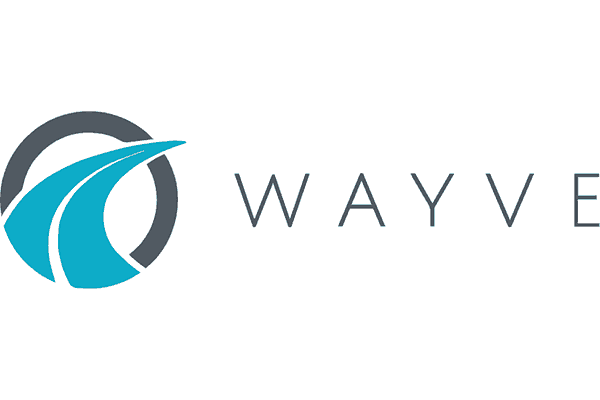Google touts its brains but once again ignores the elephant.
- Google launched some interesting innovations at its developer conference, but once again declined to address the elephantine problems that it has with software fragmentation and software distribution.
- Many of the announcements were merely bringing Google into line with competition, but what I liked was the promise that the Google versions would be much better.
- Google Assistant. This is effectively an update to Google Now but with some key differences.
- First. Google Assistant will be everywhere across all devices and services and will be the lynch pin that keeps the experience consistent no matter where the user is or what he is doing.
- Second. It will be backed up by Google’s best in class AI (see here) which promises to offer a far more intuitive, contextual and useful experience than the competition.
- It was clear even from the demonstrations, how much ground the competition have to make up just to get close to what Google is offering.
- If I was building a bot to help with communicating to my customers, I would choose Google’s AI without any hesitation.
- Google Home is Google’s answer to Amazon’s Echo and is powered by the same AI that runs assistant.
- It is also able to control other compatible devices such as Chromecast, Nest, light switches and so on.
- Echo is also capable of doing this but not in a seamless and easy to use way.
- It remains to be seen how good the user experience is, but my initial impression is that this will be far better than Echo (see here).
- Chat apps. Google returned to messaging with two new apps that compete directly with WhatsApp (Allo) and Skype / Facetime (Duo) with some funky bells and whistles aimed at getting users in.
- Google is very late to the messaging game and I think that almost all of its ecosystem users are already using Messenger or WhatsApp.
- Consequently, I think that Google will have to use its AI to provide a superior experience and attempt to draw users in that way.
- Even with great AI, this is going to be a tough sell.
- Google has started to get serious with virtual reality offering software on phones to make them able to run VR as well as a reference design for others to build a headset and a controller.
- Google has also extended Google Play such that users can buy and download apps directly to the unit.
- Android Wear 2.0 was launched which looked very much like a housekeeping update but did show signs of much improved sharing of data between services to the benefit of the user.
- It is clear from these announcements that Google has played its trump card when it comes to enticing users to spend more time with its services.
- Furthermore, just from the launches it is clear that Google has fully embraced the importance of data sharing (RFM Law of Robotics No. 5) and data integration (Law of Robotics No. 6).
- In my opinion this puts Google even further ahead in terms of evolving its ecosystem to offer the deeper and richer experiences to its users to keep them out of Facebook’s clutches.
- As far as I am concerned, the biggest threat to Google currently is Facebook because if Facebook is able to fulfil its ambitions and grow into a $40bn revenue company, a lot of that will come from Google’s pocket.
- When it comes to AI, Facebook ranks dead last (see here) and by setting a gold standard for how intelligent these services need to be, Google can make Facebook’s new services look very dim indeed.
- This is the key challenge for Facebook in my mind, and so far I have not seen any sign that it is really stepping up to really address this issue.
- While Google did well to push its AI into everything that it does, it failed to address the endemic fragmentation of Android, it inability to update Google Ecosystem devices and its attempts to address security where perfunctory at best.
- I still think that Google will have to take complete control of Android in order to fix these problems and I think we may see this begin to happen at I/O 2017.
- Until then, Google’s innovations in Android such as its security updates will be irrelevant as it will be four years before they make it into the hands of the majority of its ecosystem users.
- Google is trading around fair value making me fairly indifferent to the shares where I would prefer Microsoft, Samsung or Apple.









Blog Comments
ChuckO
May 26, 2016 at 11:52 pm
Google’s problem is getting people to use their products. Having the best technology doesn’t matter when people spend all their time in Facebook on their iPhone. You’re going to use Facebook’s. When your dealing with services native to your iPhone (maps, calendar,etc) people are going to use Apple’s to interface with it.
And that’s saying people find any value in these t